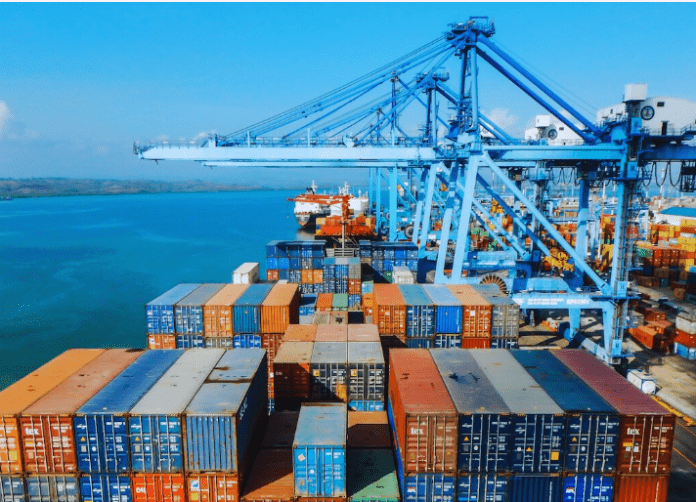Facebook Twitter (X) Instagram Somali Magazine - People's Magazine
From docks to homes, shops: Juba importers leave shippers counting losses, as a wave of disruptions in South Sudan’s capital continues to wreak havoc on supply chains, leaving warehouses clogged, cargo stranded, and traders scrambling to salvage their businesses. The ripple effect of insecurity, poor coordination, and sudden policy shifts has turned Juba’s once-thriving import sector into a logistical nightmare.
At the heart of the crisis is the growing trend of importers bypassing formal distribution channels, opting instead to redirect goods straight from customs yards to homes and informal shops. This shift, driven by fear of looting, arbitrary demolitions, and rising taxes, has left shipping companies and clearing agents counting millions in losses.
Recent demolitions in Gudele 1 Market by the Juba City Council (JCC) have intensified the chaos. Traders were caught off guard when bulldozers rolled in without prior notice, destroying shops and merchandise. “We pay all fees—licenses, garbage, security—but they came and silenced us,” lamented Faiza, a vendor whose goods were crushed during the operation.
The Chamber of Commerce has condemned the demolitions, calling them “irresponsible” and warning that such actions undermine investor confidence. “You cannot tax traders and then destroy their businesses without warning,” said Robert Francis Pitia, Chairperson of the Central Equatoria State Chamber of Commerce.
Meanwhile, cargo destined for Juba continues to pile up at Kenya’s Mombasa port and Nairobi’s inland depots. The Kenya Revenue Authority has threatened to auction over 85 lots of unclaimed goods, citing overstays and unpaid fees. Importers blame rogue clearing agents and South Sudan’s cumbersome Electronic Cargo Tracking Note (ECTN) system, which demands $350 per consignment.
Security concerns have further complicated the situation. Truckers have suspended deliveries to Juba following repeated attacks on drivers along the Nimule-Juba highway. The Kenya Transporters Association reports that more than 5,000 truckers have halted operations, citing lawlessness and lack of protection.

